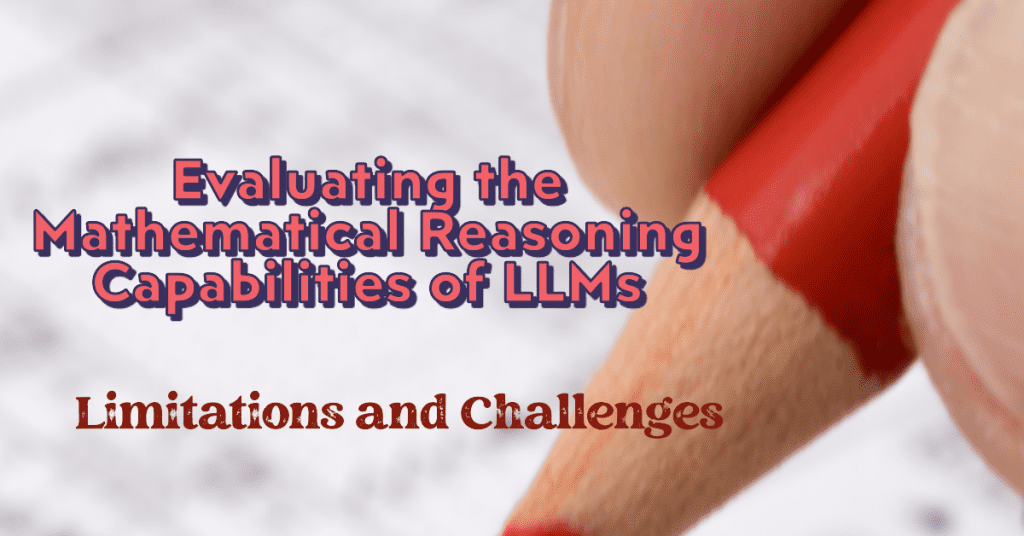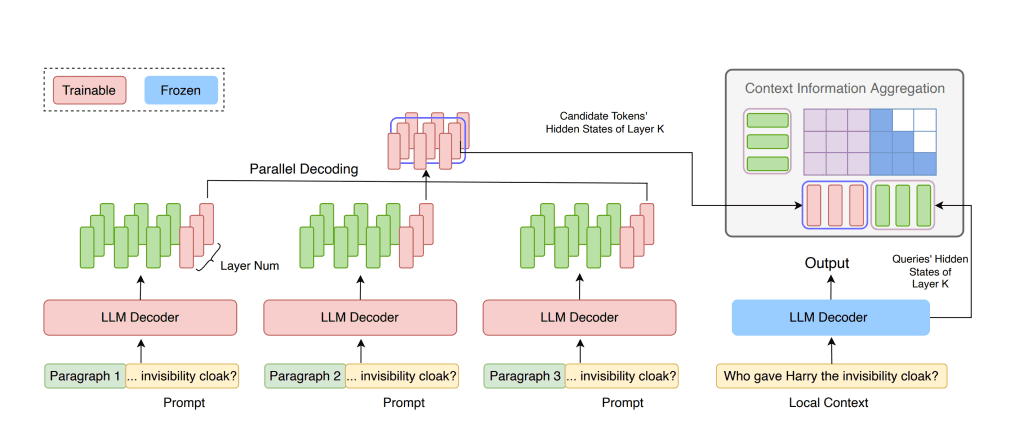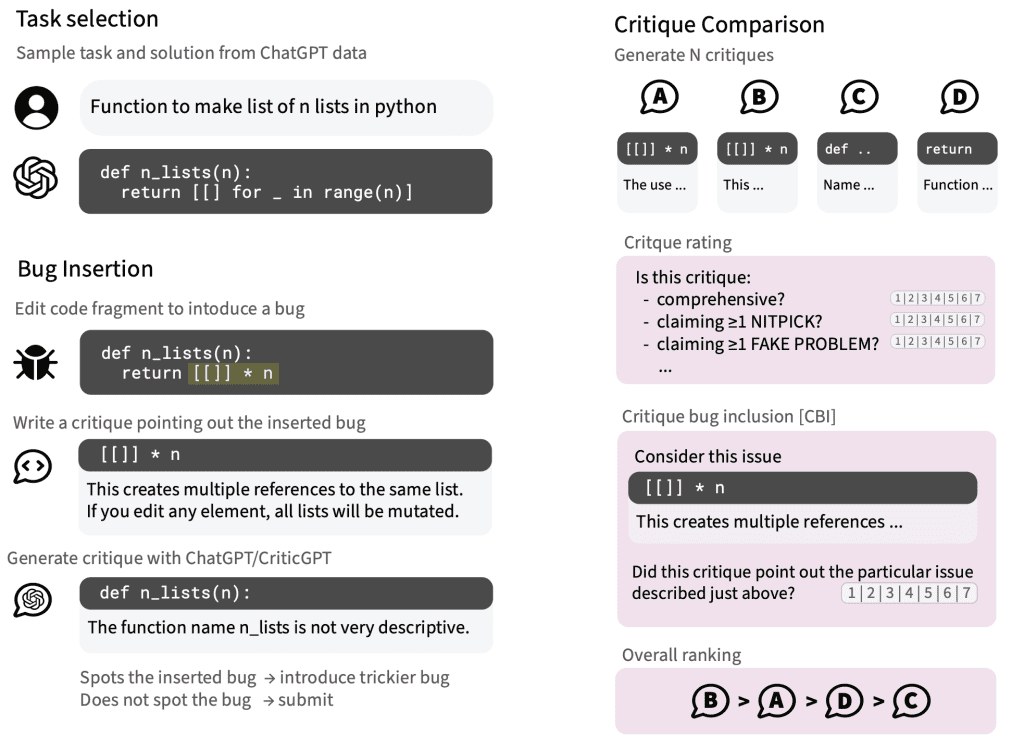Evaluating the Mathematical Reasoning Capabilities of Large Language Models: Limitations and Challenges
LLMs have made remarkable progress in various fields, including natural language processing, question answering, and creative tasks, even demonstrating the ability to solve mathematical problems. Recently, OpenAI’s o1 model, which uses CoT (Chain of Thought), has shown significant reasoning capabilities. However, for a long time, the commonly used GSM8K dataset has had a fixed set of questions […]




